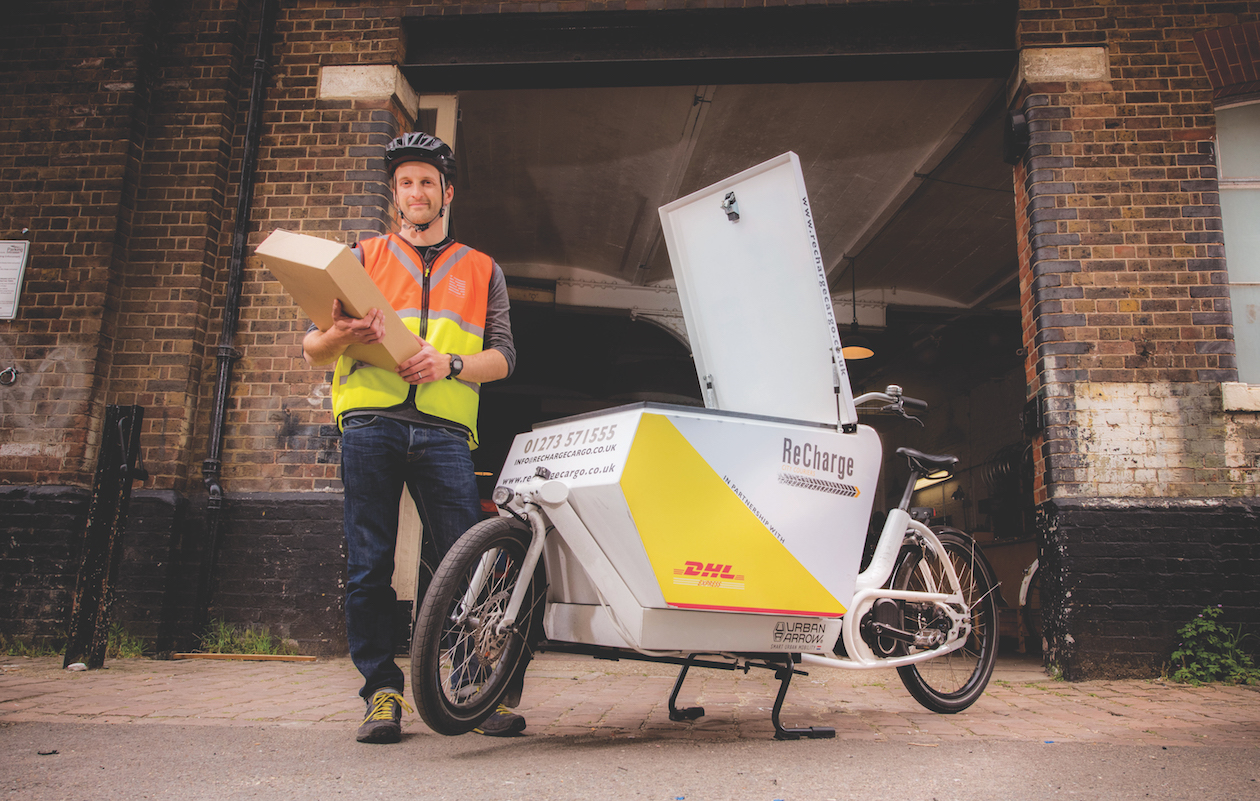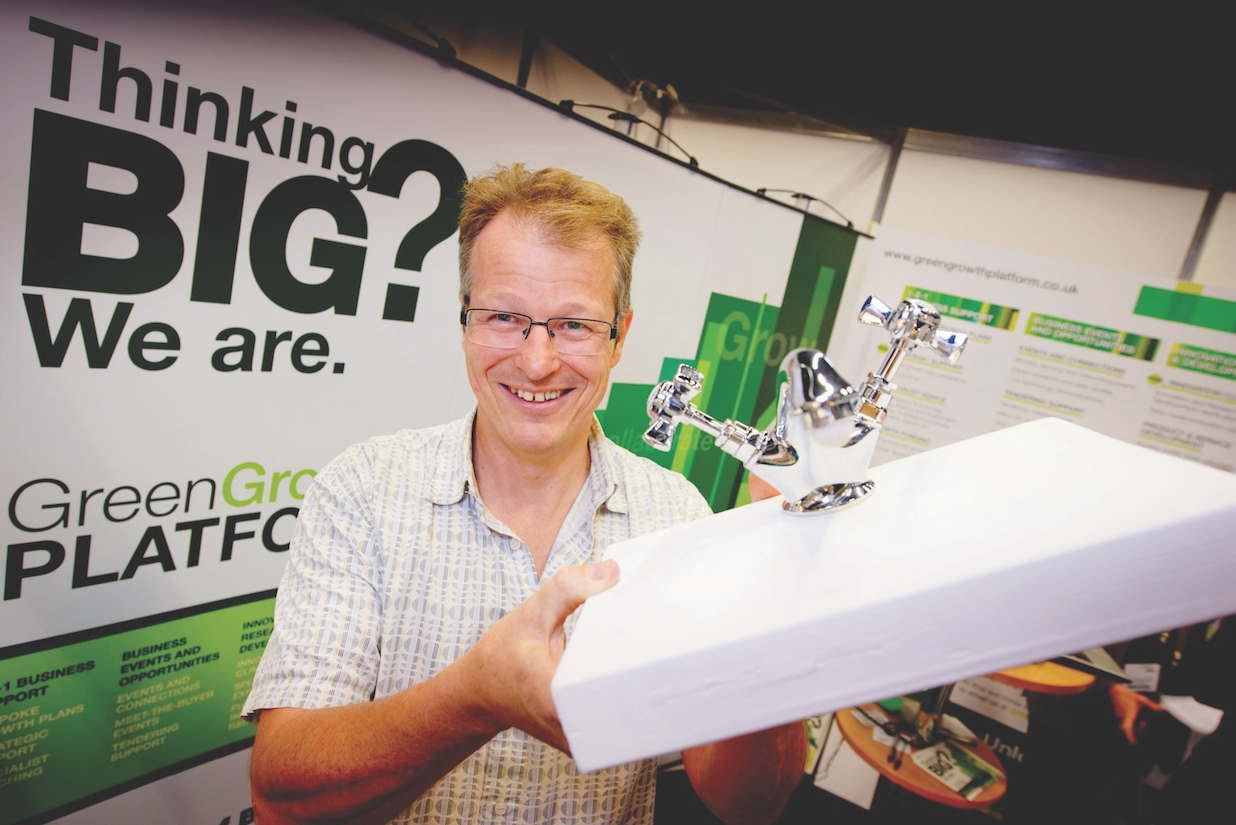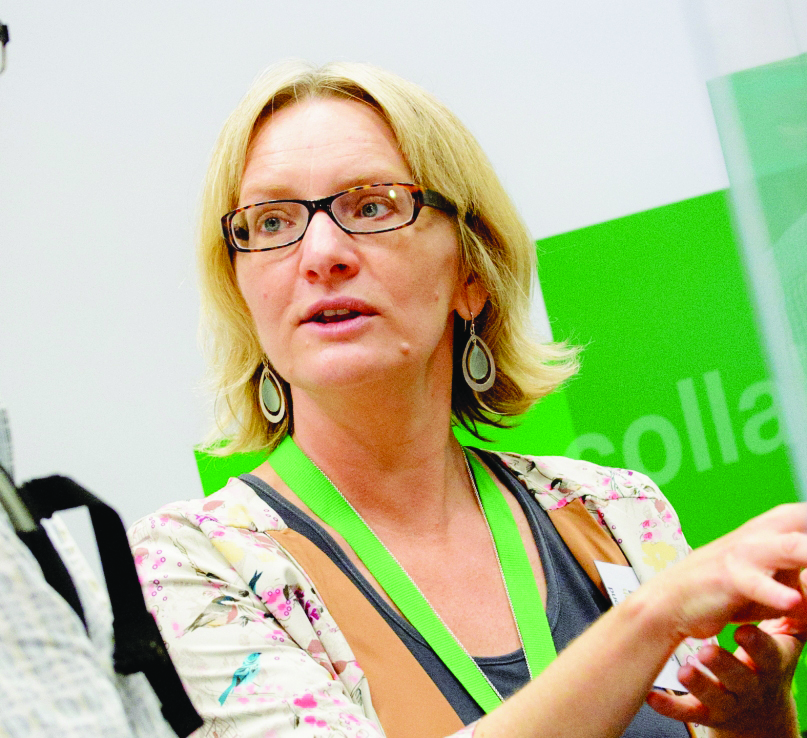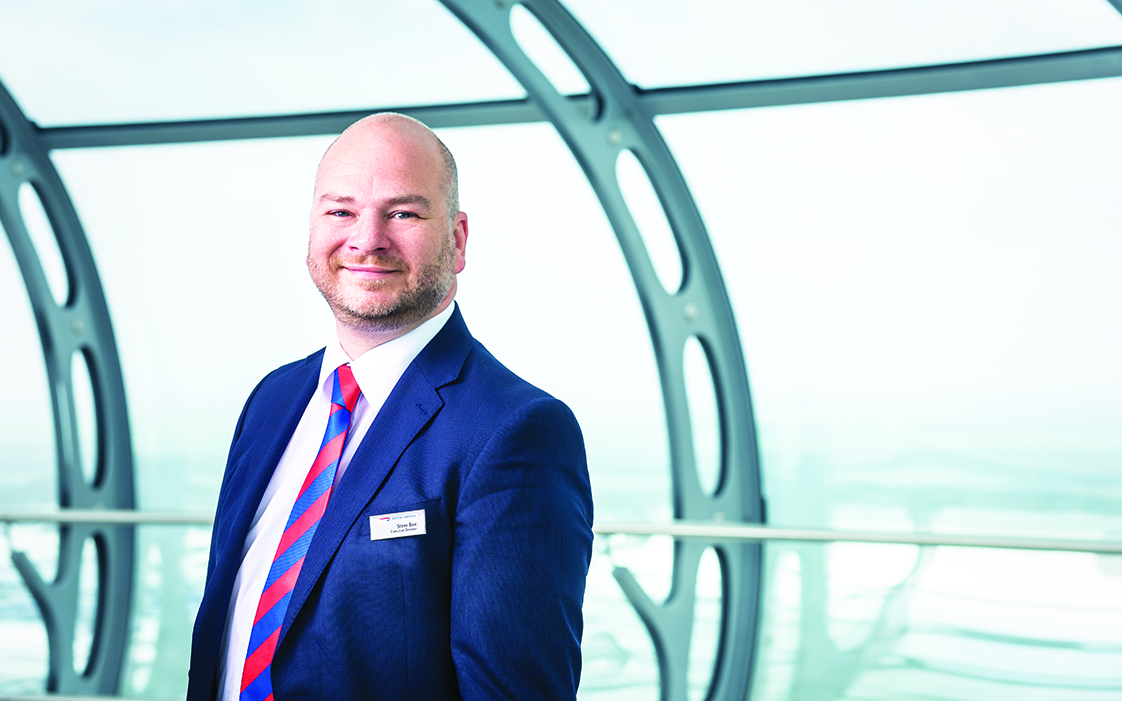
Not long ago, a business that focussed on reducing carbon, recycling or protecting the environment was in a niche that just a few pioneers had carved.
But nowadays, ‘green business’ has become mainstream, and it’s quickly becoming the standard that all businesses need to follow.
Neilson’s Global Corporate Sustainability Report 2015 showed that 73% of millennial consumers are willing to spend more on a product if it comes from a sustainable brand, and 81% expect their favourite brands to promote their sustainability credentials.
And of course it’s not just about business. We all have a responsibility to ensure the planet is in good health for generations to come.
As a young and vibrant city, Brighton has a thriving green business community that includes businesses from traditional green sectors, such as renewable energy, waste management and water efficiency as well as businesses from any sector that are mixing things up and adding a sustainable angle to what they are doing - retail, construction and food to name but a few.
Supporting green growth
At the hub of the sector is the University of Brighton’s Green Growth Platform, a thriving network of 950 green businesses from across Sussex.
Based at the Moulsecoomb campus, the Green Growth Platform is the University’s contribution to uncoupling carbon emissions from economic growth. The team provides vital information, encouragement and support to businesses wanting to green up their processes and products and to innovate to develop the low carbon/cleantech products and services of the future.
Each company has its unique needs, but at the Green Growth Platform, there’s a shared focus on the environment: members are either in the business of developing green-focused products and services, or they’ve joined up as part of efforts to improve the environmental impact of their work.
Of the 950 members, about a third are based in Brighton and Hove, with the remainder spread across East and West Sussex. Businesses benefit from bespoke coaching, support with funding, training and technical expertise to develop new products and services.
Amongst a diverse membership made up of approximately 80% small or micro businesses, the most in-demand areas of support are marketing, business planning, finance and innovation support.
Members have access to an array of workshops, courses and consultants to provide business and commercialisation support, brought in to help build complete business capability.
Innovation
With the University’s breadth of technical expertise and high tech facilities, some of the most exciting Green Growth Platform projects involve university-business collaborations to develop new products or services.
One such example is Brighton based water efficiency company Waterblade. Owner Nigel Bamford invented, developed and commercialised a water saving device that fits onto cloakroom taps. He worked with the University’s Product Design team to develop his prototype, and also took advantage of the commercialisation support on offer.
The Waterblade device, which - as the name suggests - creates a blade of water, uses on average a quarter of the water a standard tap nozzle does, and half the water an aerator nozzle does.
Nigel has braved the BBC’s Dragons’ Den with his invention, and has secured deals with global companies such as Royal Bank of Scotland and Unilever.
A diverse green economy
Brighton and Hove’s green economy is made up of a diverse range of dynamic and innovative businesses that are paving the way to a greener future.
Like any thriving city, road congestion and air quality is high on the agenda. And that’s where a trio of the Green Growth Platform’s transport-focussed members comes in.
Recharge Cargo are a zero-emissions freight company based in the centre of Brighton. They run a delivery network around the city using electrically assisted cargo bicycles. Their bikes shift food, office supplies, wine, coffee, print media, textiles and documents across the city. Much of their work is best described as a ‘last-minute logistics provider’.
Staying on the theme of bikes, Brighton E-bikes are on a mission to see more electric bikes on the road, and provide a low cost way for people to adopt the new technology. They convert standard bicycles into electric assisted bicycles using converter kits. They can either fit the kit for you, or sell kits for DIY fitting.
Brighton is also home to The Big Lemon, a ground-breaking bus company that launched the UK’s first solar powered electric bus last year, and has an ambition to provide zero emissions buses across the entire city. Their buses operate solely on electricity and are charged by solar panels at the company’s depot in East Brighton.
Community owned energy
The Community Energy sector is another Brighton and Hove success story. Community Energy involves energy projects where local people group together to take control of their energy needs. It often involves community-owned renewable electricity projects such as solar panels or wind turbines.
Brighton Energy Cooperative, who raise funds through community share offers, have installed £1.5 million worth of solar panels since their inception. And fellow community energy pioneers Brighton and Hove Energy Services have led renewable energy and energy efficiency projects in schools, community centres, business premises and homes around the city.
Green buildings
The built environment, building design and construction are other areas where green is quickly becoming the standard, and Brighton and Hove has some leading examples.
Hove-based Koru Architects are the creators of the Passiv Pod, a garden building that is built to Passivhaus standards, which means it requires minimal energy to heat or cool. Also in Hove, Cityzen Architects last year designed the UK’s largest temporary accommodation development that re-used shipping containers as emergency homes for people over Christmas.
And a local business well-known for re-using construction industry waste is the Brighton and Hove Wood Recycling Project. They’re based in the New England Quarter and take waste timber directly from the industry and sell it to the public to use in their own DIY projects. They also make furniture from their vast stock of timber, and sell it in their showroom in Elder Place.
A connected platform for the green economy
Added to this mix of thriving businesses is a range of events, collaborations and networking opportunities that really combine into a supportive environment for Sussex’s thriving eco-business scene.
Effective networking is important for any business, but for companies with a green purpose, there’s huge value in meeting counterparts in other businesses - entrepreneurs with whom members can share their experiences of disrupting the status quo and driving new ways to do business.
The Green Growth Platform runs a calendar of events aimed at the green business community. Coming up this spring/summer is a boat trip to the Rampion offshore wind farm, regular networking events on Brighton seafront and an MBA-style one day business workshop at the i360.
More information on the Green Growth Platform and some of the great businesses they work with can be found at
www.greengrowthplatform.co.uk







